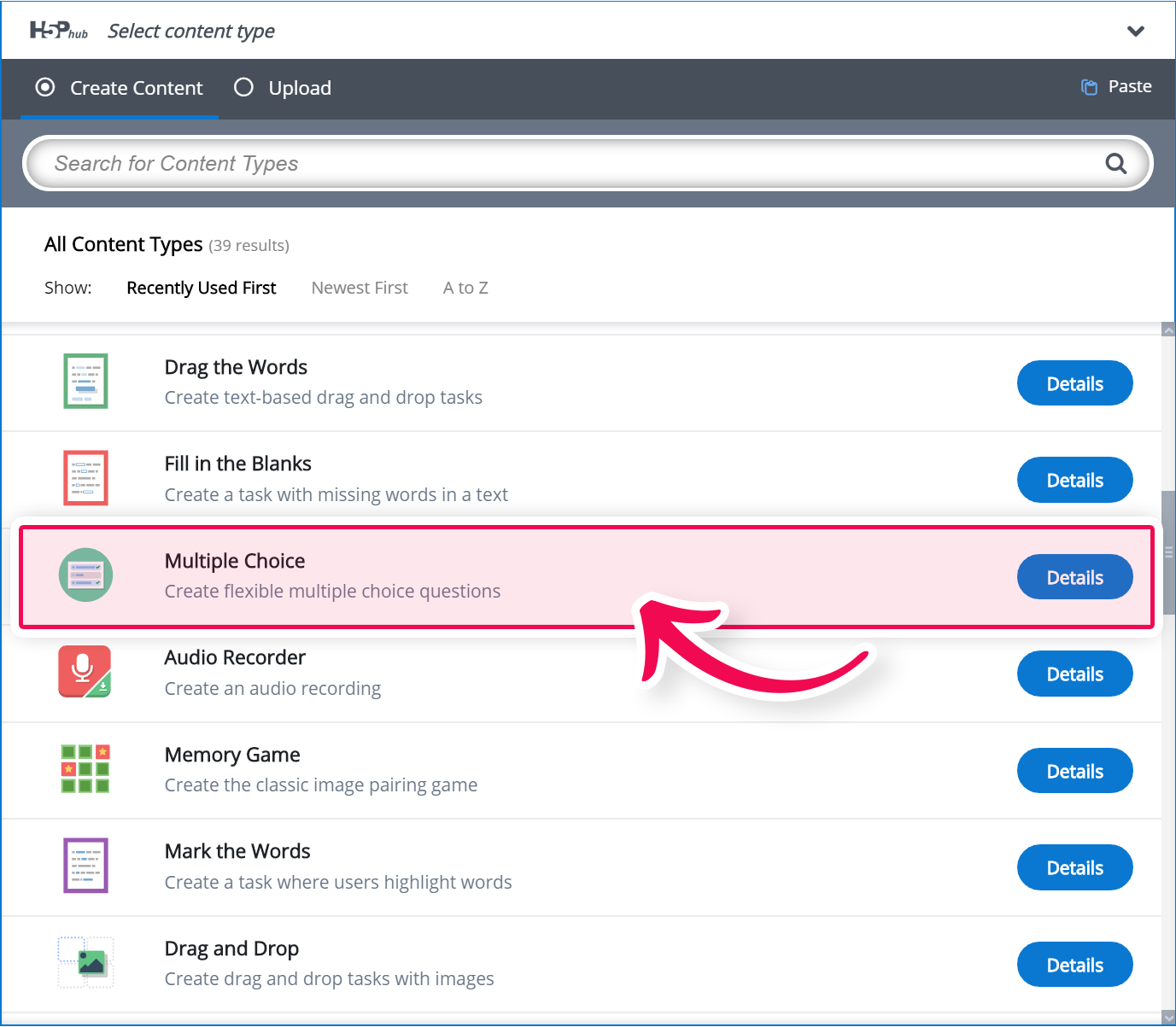Multiple choice questions are a popular type of assessment used in various educational settings. They provide students with a set of options to choose from, with only one correct answer. There are different types of multiple choice questions that can be utilized to assess students’ understanding and knowledge on a particular subject.
Understanding the different types of multiple choice questions can help educators create more effective assessments and evaluate students’ learning outcomes more accurately. Let’s explore some of the common types of multiple choice questions:
Types of Multiple Choice Questions
1. Single Best Answer: In this type of multiple choice question, students are presented with a question and several options to choose from. They are required to select the one best answer among the choices provided. This type of question is commonly used to test students’ understanding of key concepts and their ability to analyze information.
2. Multiple Correct Answers: Unlike the single best answer format, this type of multiple choice question allows students to select more than one correct answer from the options provided. It requires students to carefully evaluate each option and determine which ones are correct based on the question asked. This format can be more challenging for students but can provide a more comprehensive assessment of their knowledge.
3. True/False Questions: While not technically multiple choice questions, true/false questions are a common format used in assessments. Students are presented with a statement and must determine whether it is true or false. This format is straightforward but can be effective in testing students’ factual knowledge on a topic.
4. Matching Questions: Matching questions require students to match items from two columns based on their relationship or association. This type of question can test students’ ability to make connections between different concepts or information. It is commonly used in subjects that require students to demonstrate their understanding of relationships between variables or terms.
5. Multiple Response Questions: In this format, students are presented with a question and multiple options to choose from, with more than one correct answer. Students must select all the correct answers to receive full credit for the question. This format can be useful in assessing students’ understanding of complex topics that have multiple correct responses.
In conclusion, understanding the different types of multiple choice questions can help educators create more effective assessments and evaluate students’ learning outcomes more accurately. By incorporating a variety of question formats, educators can assess different levels of understanding and provide a more comprehensive evaluation of students’ knowledge on a subject.
